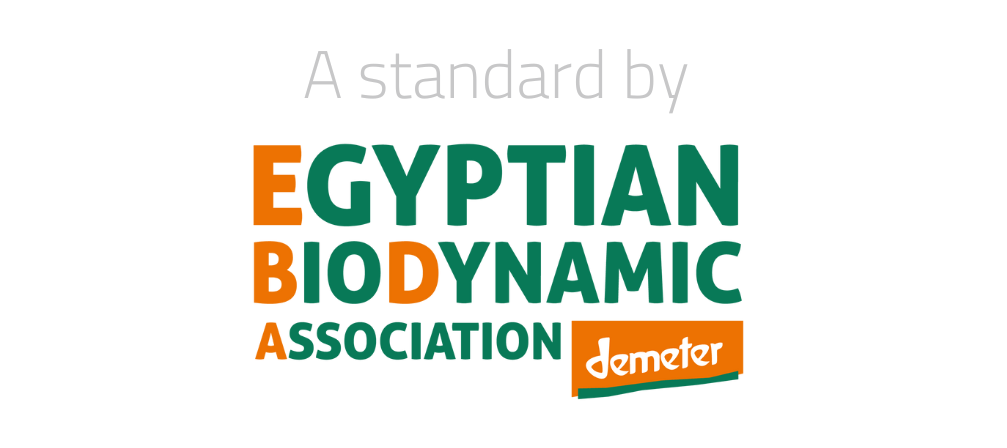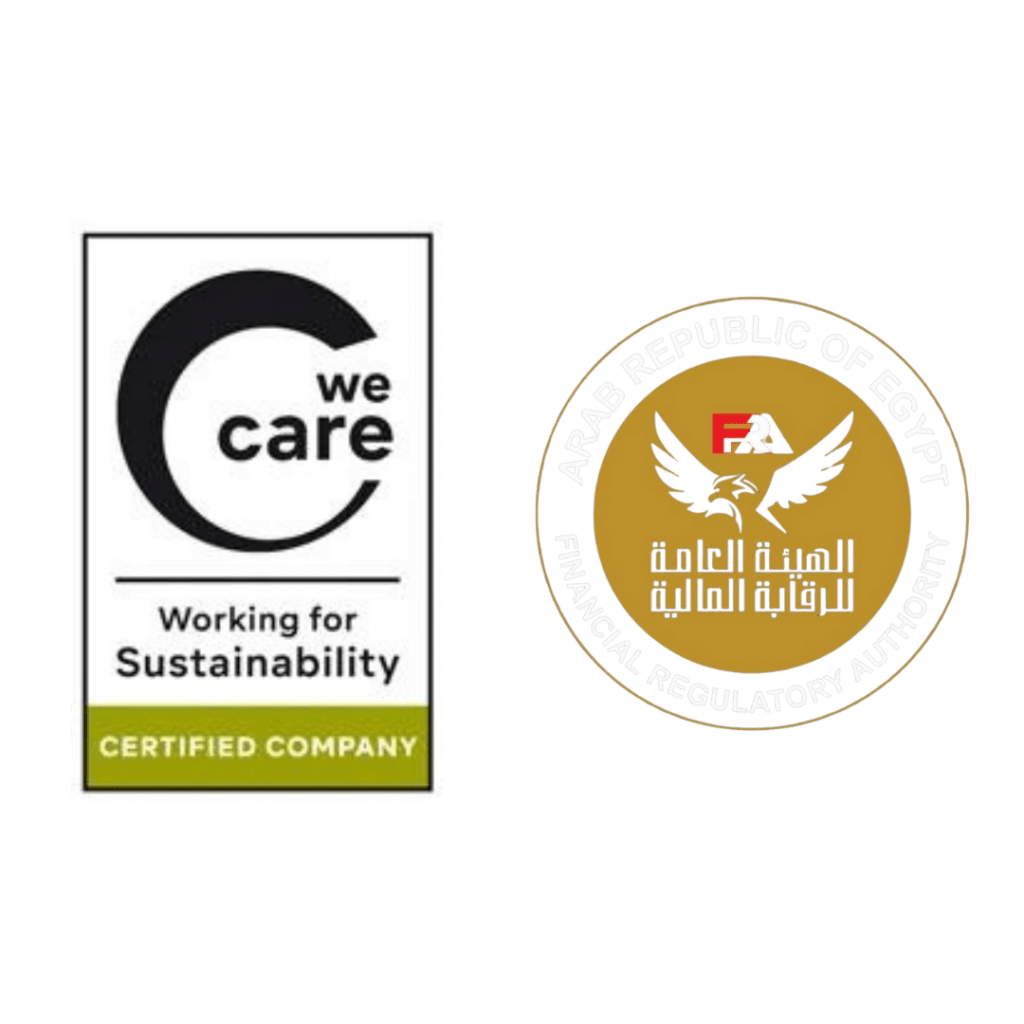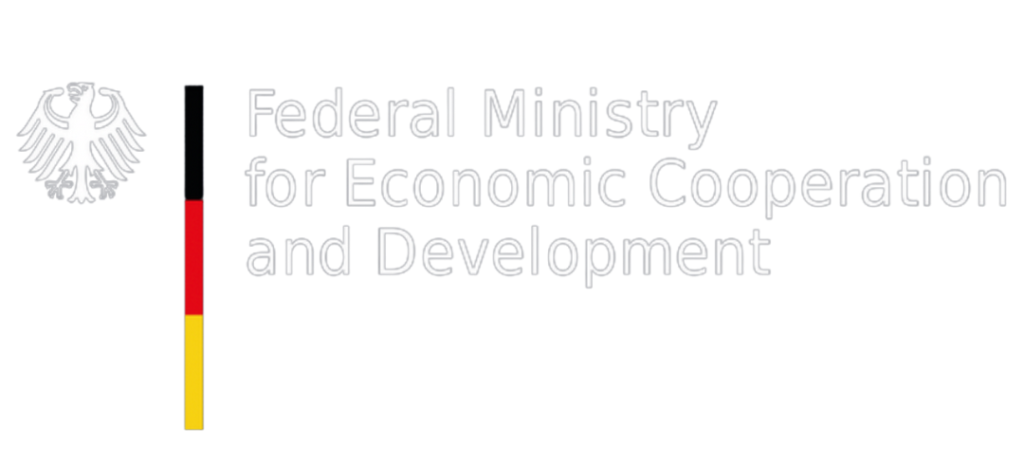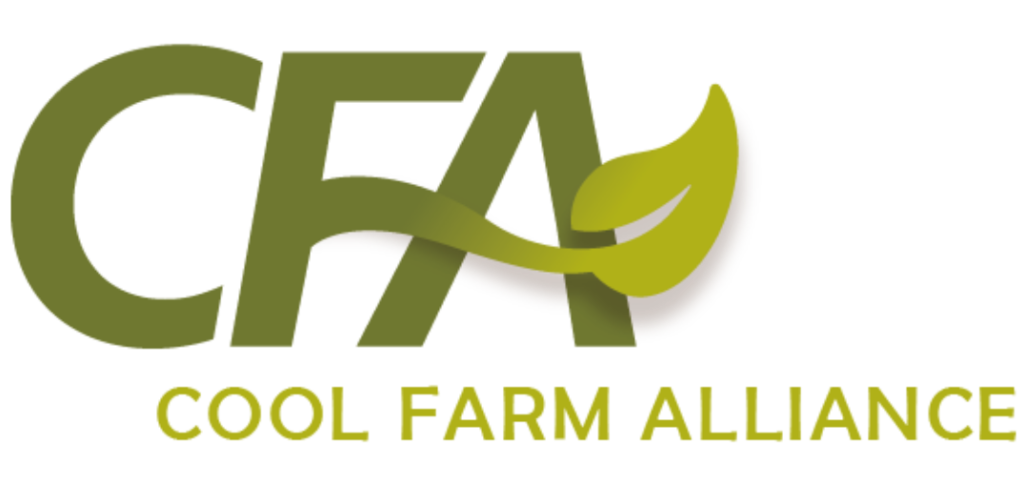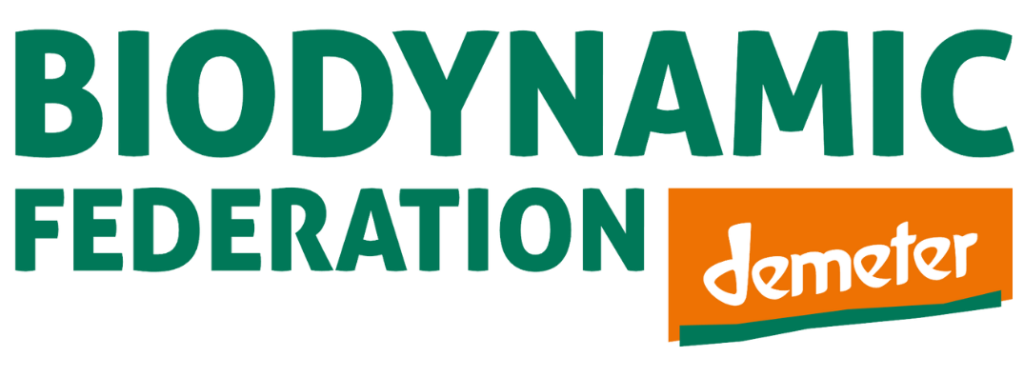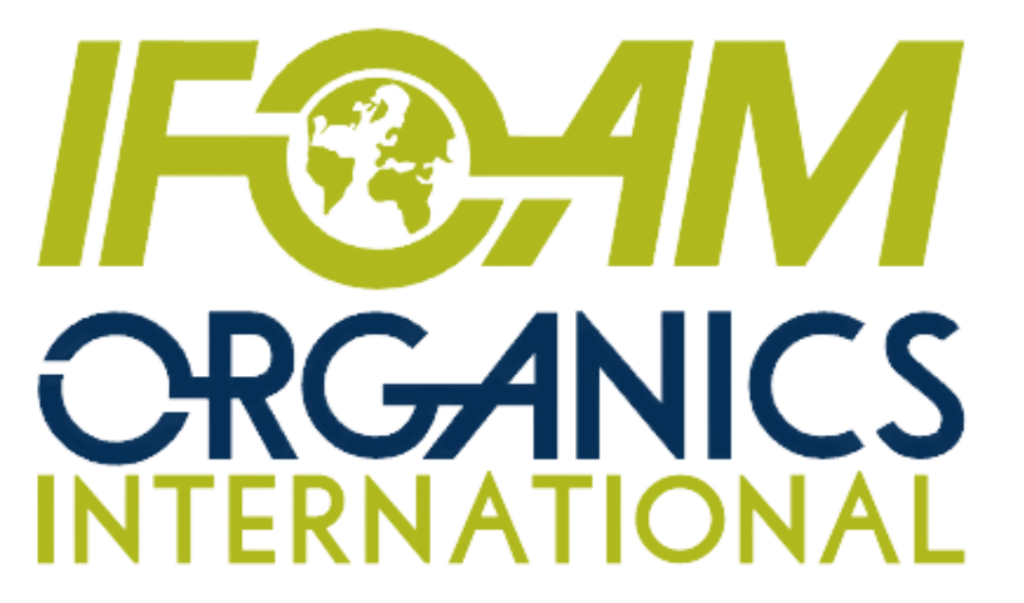What is
Economy of Love
Economy of Love is a certification standard that certifies organizations that commit to fair and ethical production throughout the whole supply chain. We believe that through a transparent economic system, responsible consumers and producers can engage in actively protecting nature, and ensuring that every person across the supply chain is fairly compensated and protected from exploitation.
Economy of love was initiated by the Egyptian Biodynamic Association (EBDA), to support sustainable farmers, companies and consumers.
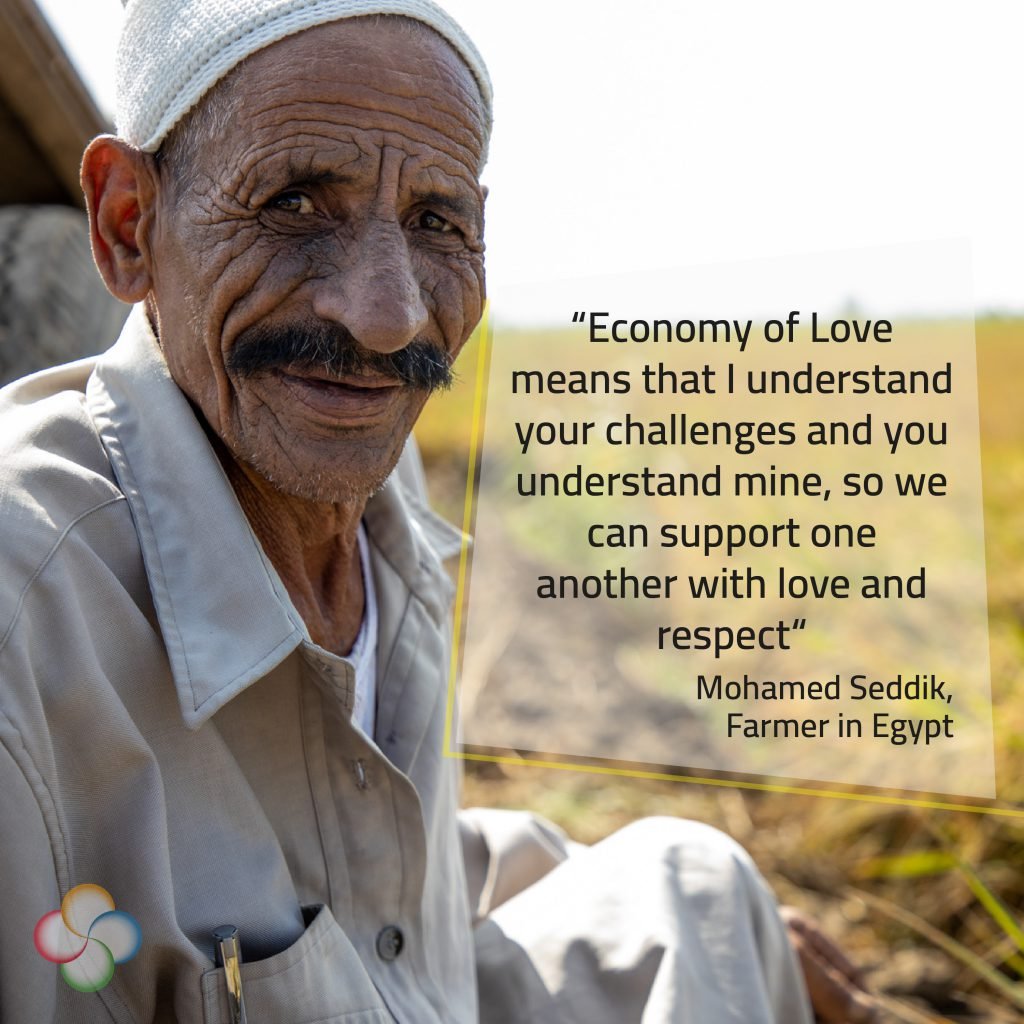

We Believe in
Creating Balance
We define a sustainable economy as one that serves the global community for the long term. To do so, our outlook must be holistic. We must do business, but also develop our communities through education, protect the earth and its balance, create fair and dignified work environments. At Economy of Love, we defined this sustainability as the balance between the four dimensions of society, economy, culture and environment. Imagine a world that cares about economic benefit but gives little value to protecting the environment, the people’s livelihood and the development of communities. That imbalance inflicts harm on people and creates an unsustainable economy that destroys nature.
The wheel of balance, and the four dimensions are the basis of our philosophy, and the criteria on which the certification standard is built.
The empowerment of life-long learning and creative engagement with each other and the community.
The empowerment of life-long learning and creative engagement with each other and the community.
The empowerment of life-long learning and creative engagement with each other and the community.
The empowerment of life-long learning and creative engagement with each other and the community.
Click here to konw more about our
Transparency
enables responsible consumers and producer to collaborate and to choose a positive impact
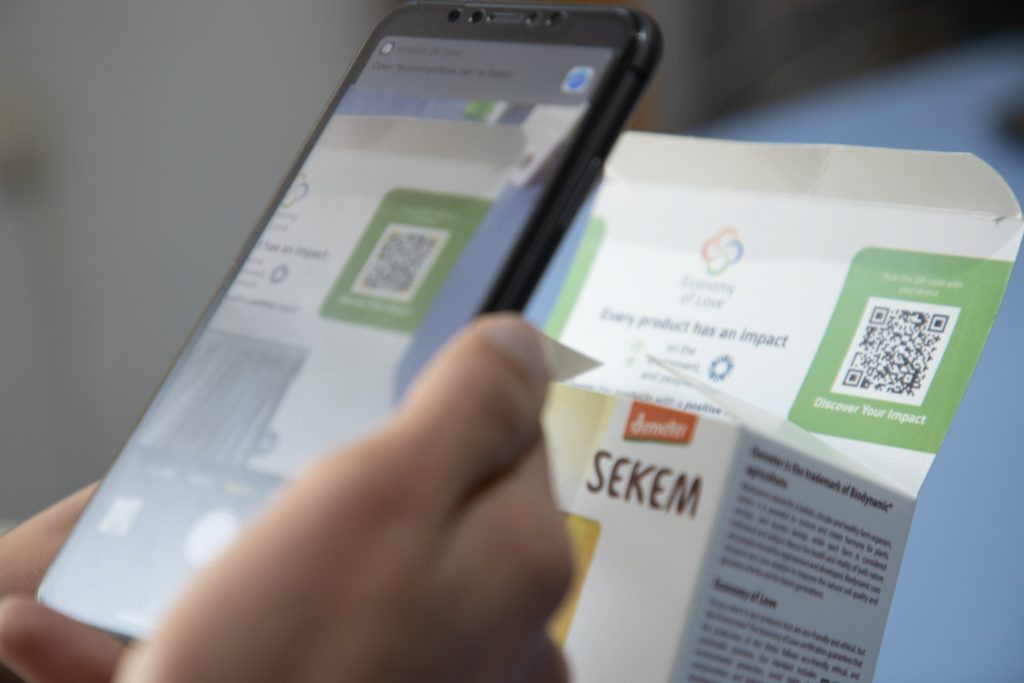
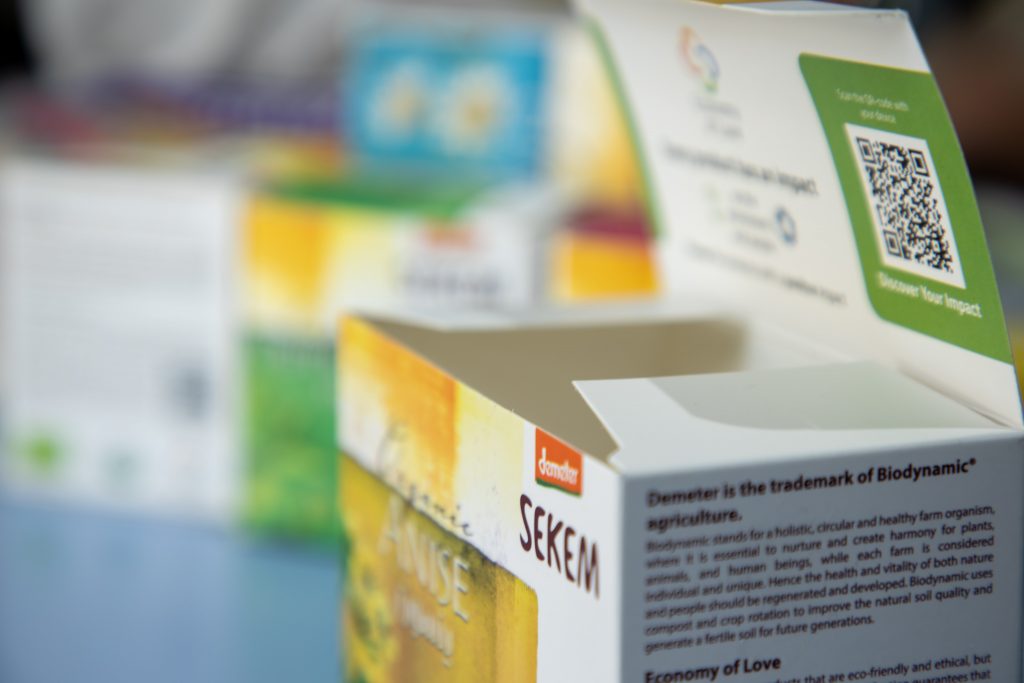
To empower collaboration and transparency, Economy of Love created impacTrace. This enables consumers to access information about their products through scanning a QR-Code on the package. Consumers can explore details on how their products were made, and what measures were taken to make it an ethical and sustainable product.

